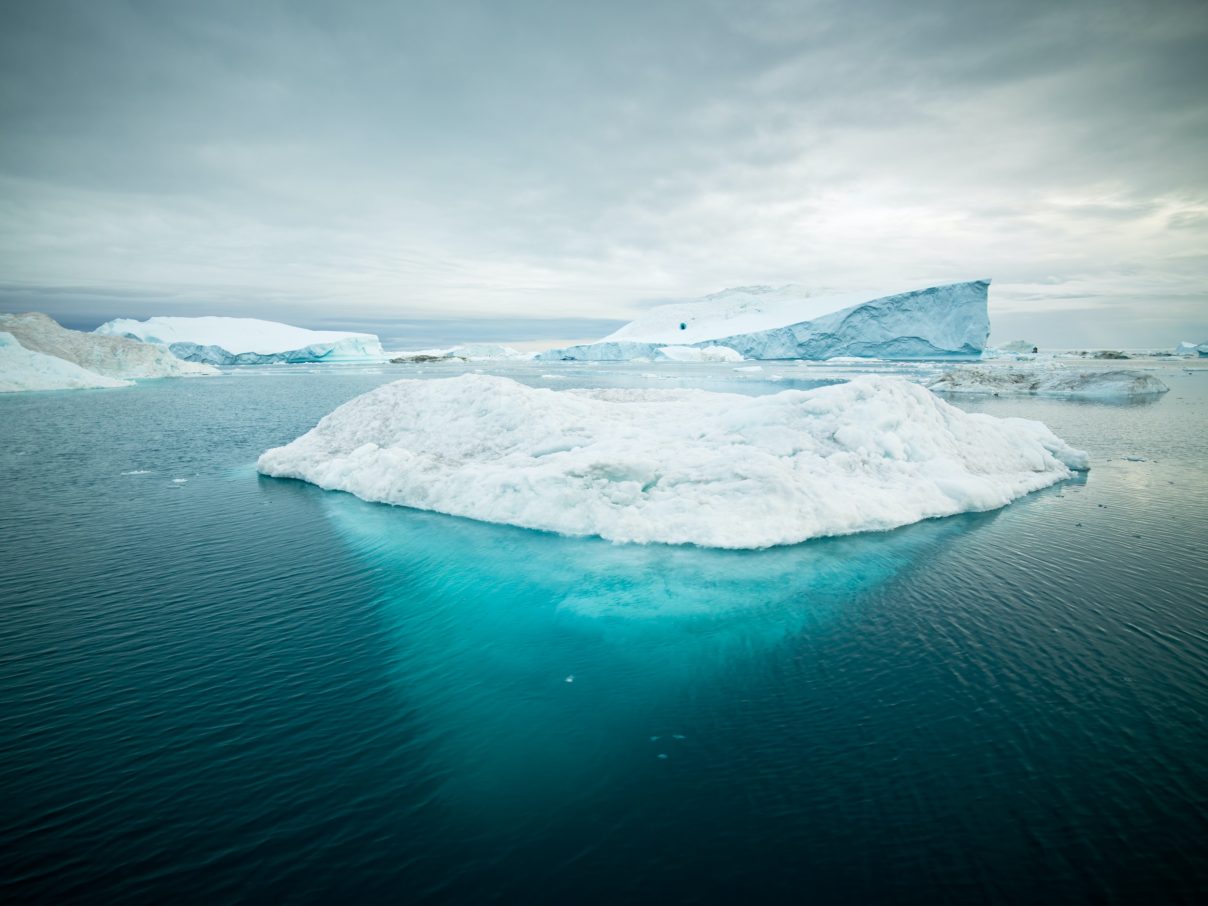Arctic krill (Thysanoessa inermis) is a small, shrimp-like crustacean that plays a critical role in the Arctic marine ecosystem. The species is an important food source for a wide range of marine predators, including fish, seabirds, and marine mammals, such as whales and seals. If Arctic krill were to disappear from the ecosystem, it would have significant impacts on the entire Arctic marine food web and potentially affect the global climate.
One of the most significant impacts of the disappearance of Arctic krill would be on the predators that rely on the species for food. Many species, including fish, seabirds, and marine mammals, rely on Arctic krill as a primary food source. For example, bowhead whales (Balaena mysticetus) in the Arctic are known to consume large quantities of krill during the summer months. Without this important food source, these predators would need to find alternative food sources, which could lead to changes in their behavior, distribution, and abundance.
In addition, the disappearance of Arctic krill could have cascading effects on the entire Arctic marine food web. Arctic krill are grazers that feed on phytoplankton, which are microscopic plants that form the base of the marine food chain. By consuming large quantities of phytoplankton, Arctic krill help regulate the abundance and distribution of these important primary producers, which in turn, support the entire Arctic marine food web. If Arctic krill were to disappear, it could lead to changes in the abundance and distribution of phytoplankton, which could impact the entire Arctic marine food web.
Furthermore, the disappearance of Arctic krill could have global climate impacts. Arctic krill play a critical role in the biogeochemical cycling of carbon in the Arctic marine ecosystem. As they feed on phytoplankton, they excrete fecal pellets that sink to the seafloor, where they are consumed by bacteria and other microorganisms. This process helps remove carbon from the surface waters and sequester it in the deep ocean. If Arctic krill were to disappear, it could lead to changes in the carbon cycle in the Arctic marine ecosystem, which could potentially impact the global climate.
Another potential impact of the disappearance of Arctic krill is on commercial fisheries. Arctic krill are not currently commercially harvested in the Arctic, but they are an important prey species for several commercially valuable fish species, such as Arctic cod (Boreogadus saida). Without this important food source, it could lead to changes in the distribution and abundance of these important commercial fish species.
The disappearance of Arctic krill would have significant impacts on the Arctic marine ecosystem and potentially affect the global climate. The loss of this important prey species could have cascading effects on the entire Arctic marine food web and impact the behavior, distribution, and abundance of predators, as well as impact commercial fisheries. Therefore, it is important to monitor the abundance and distribution of Arctic krill and take measures to conserve this important species and its habitat in the Arctic marine ecosystem.
